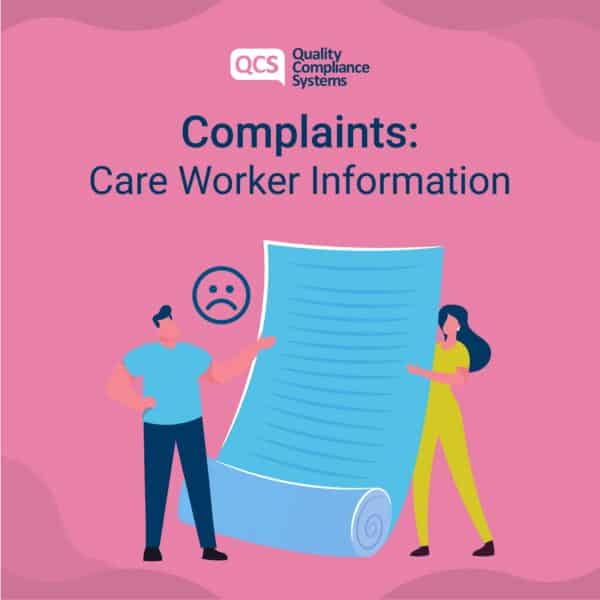Service users and their loved ones have a right to expect certain standards of care, and a right to complain if things aren’t right.
What is a complaint?
An expression or statement of dissatisfaction that requires a response (Healthcare Commission, 2008).
This can be about:
- An action
- A lack of action, or
- About the standard of service provided by (or on behalf of) an organisation
According to The Health Act 2004, a complaint is any action of the service provider which:
- Adversely affects the person by whom (or on whose behalf) the complaint is made
- Does not accord with fair or sound administrative practice
Who can make a complaint?
- A service user, or their close relative or carer
- A legal representative or court of law appointee
- Any other person who has the service user’s consent
In the case of a deceased service user, a complainant may be:
A parent, guardian, son, daughter, spouse or cohabitant of the deceased (Health Act, 2004)
Why do people complain?
Expectations not met
Lack of control
Unhappy about a situation
Be understanding:
- Dealing with unsatisfactory care and making a complaint can be daunting for service users and families
- Be proactive before complaints happen; ask if everything is ok
- Get to know service users and establish good relationships with them and their families
What to do if someone complains:
- Always thank them for raising their concern
- Tell them you are sorry that they have had a negative experience
- Be respectful and helpful
- Be calm, positive and professional
- Do not argue, even if you think the complaint is unjustified
- Do not investigate the complaint yourself; tell your line manager about the complaint ASAP
- Follow Company policy and procedure
Remember:
You represent the Company and the health and social care profession
The Company views complaints positively; they are a chance to improve
You must always tell your manager if there has been a complaint
If unsure, always ask your manager for advice




